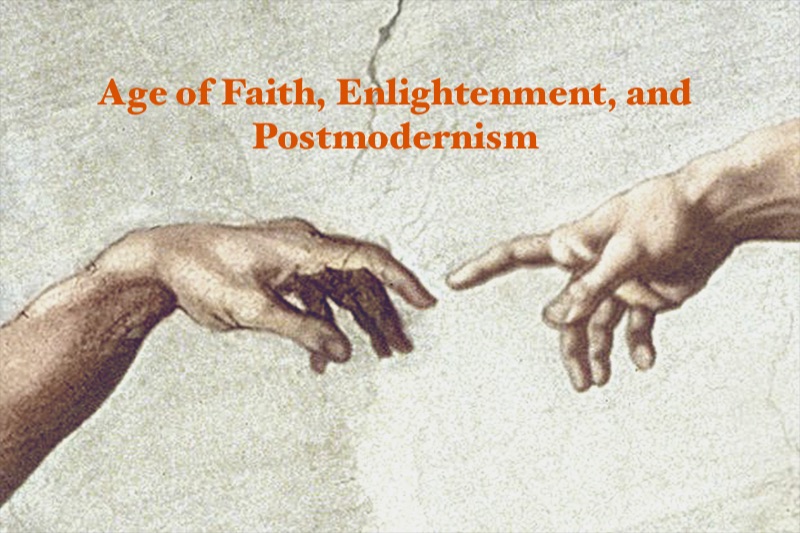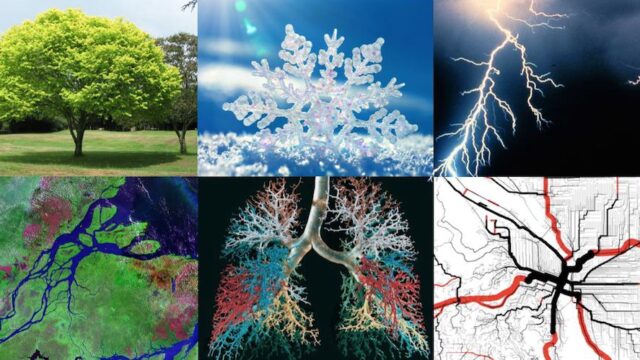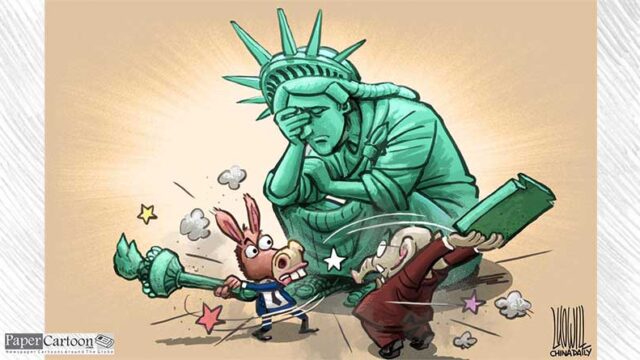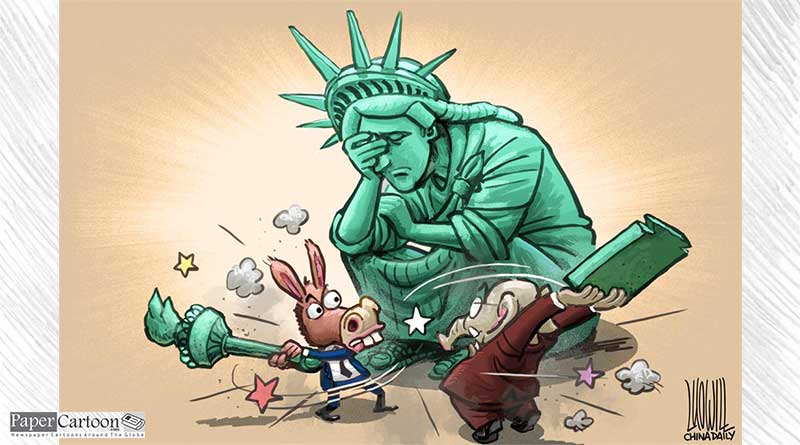“The feminine principle is an archetypal energetic expression alive in both men and women and in every aspect of creation. It represents the very energy of creation itself, the creative force from which all things are born.”
M. Montealegre
Maleness and femaleness are like two substances that blend, but with neither element ever disappearing in one individual. These feminine and masculine “principles” are of corresponding value in both men and women, but distributed differently in each person (some individuals are more male, others more female). While the feminine principle (not necessarily identical to femininity) is strong, rather than being cherished and encouraged, it has generated fear and been the object of persecution for as long as human history. The male need for power suppresses, ignores, and distorts our feminine side. Emotionally, psychologically, and culturally, we have all been living under a paternal social order. Over the years, we have associated specific characteristics with maleness and femaleness to the point of exclusivity. We associate maleness with authority, and femaleness with meekness. What is unrecognized is that similar to the yin and yang of Chinese philosophy, maleness exists in the female and femaleness in the male. We are blends of both.
And yet, the faulty thinking persists. We perceive the energy of the mother, as it embodies the qualities of love, compassion, intuition, receptiveness, openness and vulnerability as feminine. As if it cannot exist in a male. In Jungian psychology, they see the self as the ‘being’ aspect of personality and as the feminine principle, while the ego represents ‘doing’, the masculine principle. From this perspective, a “normal” psyche is one in which neither ego nor self dominates but shows mutual interdependence, interplay, and synergy from the interaction.
Since the Age of Reason (1685-1815), logic and the intellect, characteristics associated with the male principle, have held sway as the essence of human values. This contradicted the emotional and intuitive aspects of beingness, the female principle. To our own detriment, favoring one excluded the other. But full human capabilities include both. Fortunately, this recognition is changing, although slowly. Nowadays, more and more people realize that intellectual logic by itself cannot be the sole basis for our reality. We recognize that integration of reason and the intellect with intuition and heart is no longer an option but a necessity if humanity is to survive. There is, then, a rising energy, an ascendency, in the feminine principle. Similar to a small flame in a hailstorm, it has not disappeared and deserves protection, encouragement, and room to grow.
The feminine principle is not original to our age, but is ascendant in a way that is modern and hopeful. We are beginning to recognize the privileged and unique position of femaleness in our mythologies, histories and evolution. Just a few examples: In the Book of Genesis, Eve showed the courage to make the choice to obtain the knowledge of good and evil over obedience. It’s a remarkable act symbolizing the darker side of the feminine. Choosing the forbidden fruit resulted in both male and female being exiled from Eden, but it was the female who opened our eyes to knowledge and wisdom. In evolution, sexual selection is a misunderstood and misrepresented concept more than any other idea in evolutionary biology. Overwhelming evidence supports the notion that females “choose” mates, while males “compete” to be the chosen. The feminine once again holds the power of choice. In most mammals, the Y chromosome determines the sex. Without this chromosome, femaleness is the default. During development, women control raising of the young and teach us most of what we need to know before we enter school. This continues in public schools, where women make up to 80% of the teachers.
There are benefits to this recognition and reintegration of the feminine principle. Opening up to it can take many forms and expressions. On the positive end, it results in freeing our emotions, allowing us to be vulnerable, opening our hearts with compassion for others, guiding us toward service for the greater community. We become more receptive, intuitive and creative. It frees us from our inhibitions, and from the mental constructs of who we are. Allowing the principle to flow freely opens up a connection to the source of life, to the ever-flowing stream in the universe, to God, Buddha-nature, or being.
In Singing Woman: Voices of the Sacred Feminine, Elizabeth Eiler has written, “This is the age of the ascendant Feminine Principle. In such times as these, women are able to look at themselves with new concepts of value and brilliance. However you inhabit and express being Woman, embrace yourself in that way today!” This rallying cry holds for men as it does for women. Likewise, Albert Einstein said, “The intuitive mind is a sacred gift, and the rational mind is a faithful servant. We have created a society that honors the servant and has forgotten the gift.” Recognizing that our bodies blend feminine and masculine aspects and being receptive to this principle is the answer to many of the problems and imbalances we produce. Acknowledging and freeing the inner feminine gives way to the love in us. And it returns us to the sacred and original mind once obscured by ego, in a manner that brings unity and reconciliation to all.













